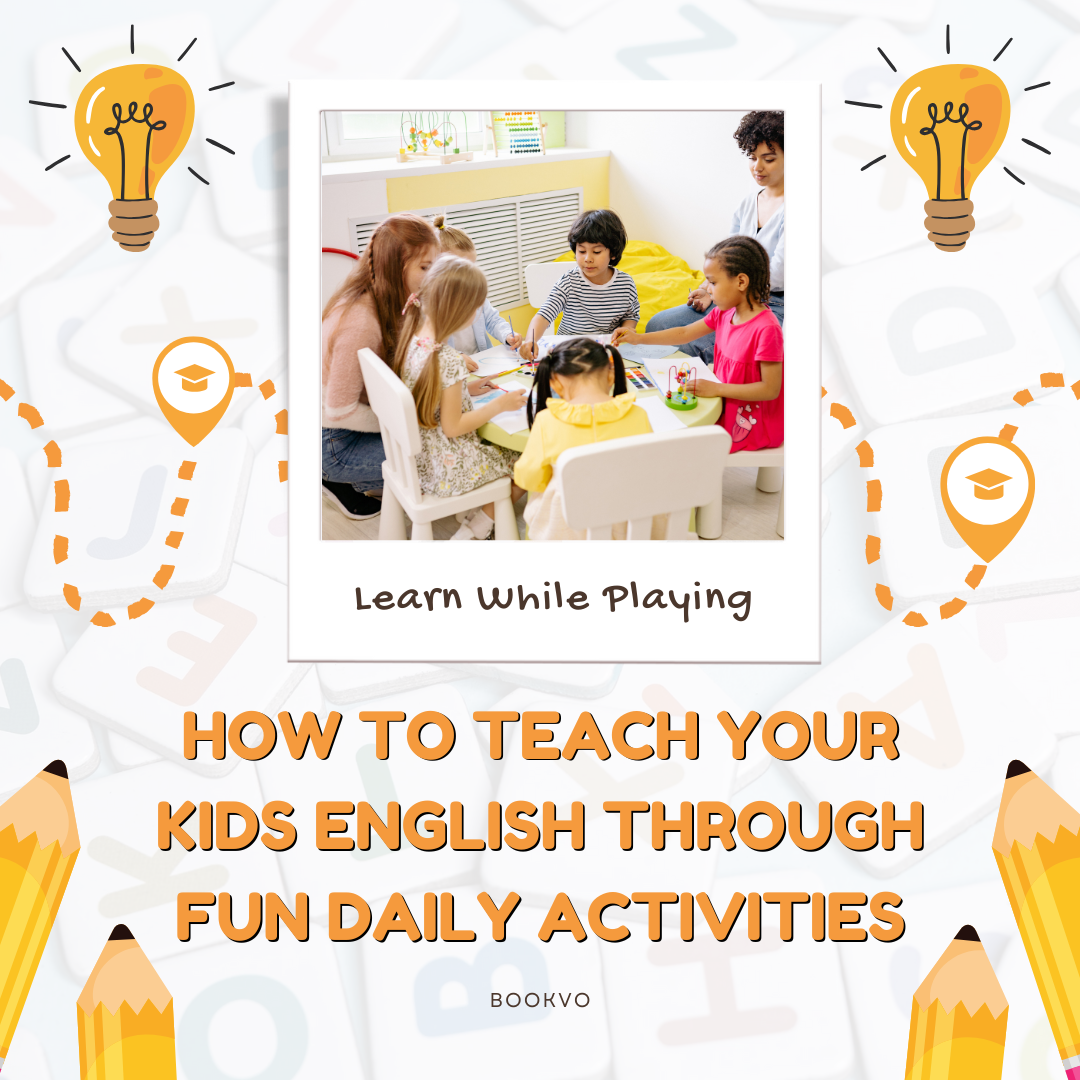Learning English doesn’t have to be boring. Rhymes, nursery rhymes, and songs can be your secret weapon for boosting vocabulary while having fun. Let’s dive into some popular examples and practical tips for using them effectively!
1. Classic Nursery Rhymes for Everyday Words
These timeless rhymes are packed with simple vocabulary and easy-to-follow rhythms.
- Twinkle, Twinkle, Little Star Twinkle, twinkle, little star, How I wonder what you are! Up above the world so high, Like a diamond in the sky.Vocabulary Tips: Words like star, wonder, above, and diamond are great for beginners.
- Jack and Jill Jack and Jill went up the hill To fetch a pail of water. Jack fell down and broke his crown, And Jill came tumbling after.Vocabulary Tips: Learn words like fetch, pail, and tumbling, while also understanding past tense verbs like went and fell.
- Humpty Dumpty Humpty Dumpty sat on a wall, Humpty Dumpty had a great fall. All the king's horses and all the king's men Couldn't put Humpty together again.Vocabulary Tips: Focus on wall, fall, and phrases like put together.
Read our other articles:
How to Think in English: Breaking the Translation Barrier
How to Practice English Speaking Alone
2. Popular Songs for Conversational Phrases
Songs use everyday language that helps learners pick up common expressions.
- The Alphabet Song (A, B, C, D, E, F, G...) Perfect for learning the English alphabet and pronunciation of letters.
- Row, Row, Row Your Boat Row, row, row your boat, Gently down the stream. Merrily, merrily, merrily, merrily, Life is but a dream.Vocabulary Tips: Learn verbs like row and stream, and practice rhythm in English speech.
3. How to Use Rhymes and Songs for Learning
Here’s how you can make the most of these rhymes:
- Recite Daily: Repeat rhymes to improve pronunciation and rhythm.
- Highlight New Words: Write down unfamiliar words and find their meanings.
- Act Them Out: Turn rhymes into small skits to practice using the words in context.
4. Create Your Own Rhymes
Why not try making rhymes with new vocabulary you’ve learned? For example, if you’re learning words about the weather: When the sky turns dark and gray, I grab my coat and start my day.
This not only reinforces the meaning of words like gray and coat but also makes learning interactive and creative.
5. Expand with Modern Rhymes and Songs
Modern songs like Happy by Pharrell Williams or Shake It Off by Taylor Swift are full of conversational English. Sing along to pick up slang and informal phrases.
6. Benefits of Rhymes for Vocabulary Building
- Memorization: The repetitive structure helps commit words to memory.
- Listening Skills: Rhymes train you to catch nuances in pronunciation.
- Cultural Insights: They provide a glimpse into English-speaking traditions.
Incorporate these rhymes and songs into your daily routine to make English learning exciting and engaging. Who said learning can’t be fun?
Download Bookvo Now!










